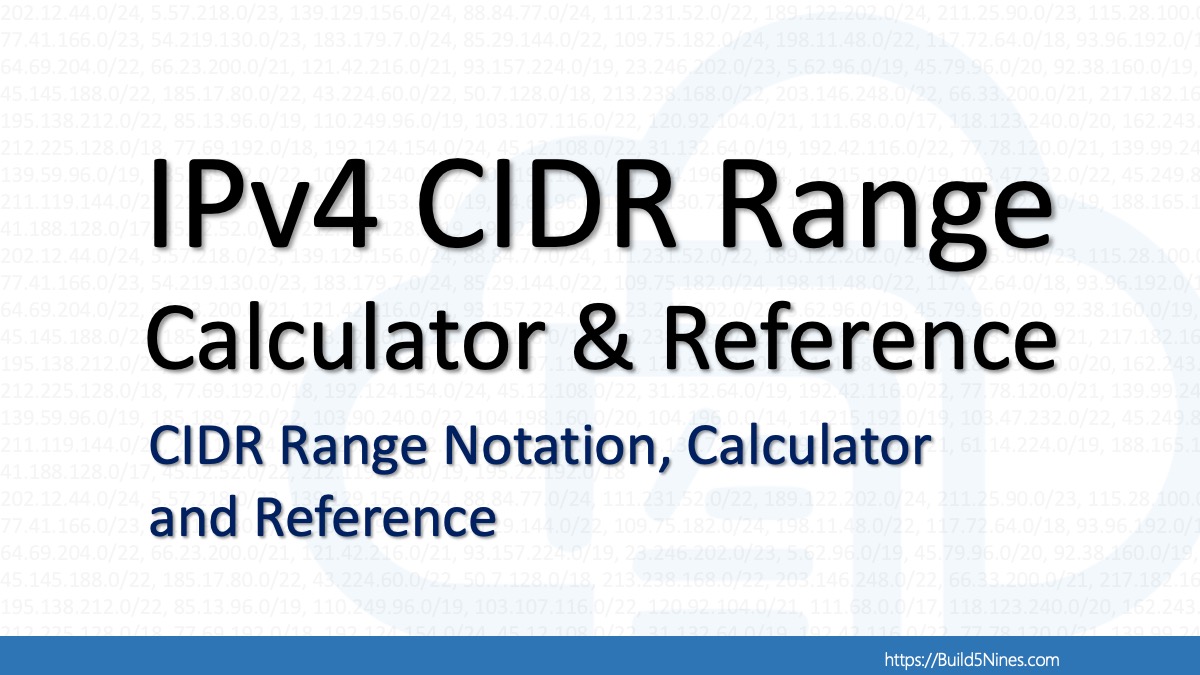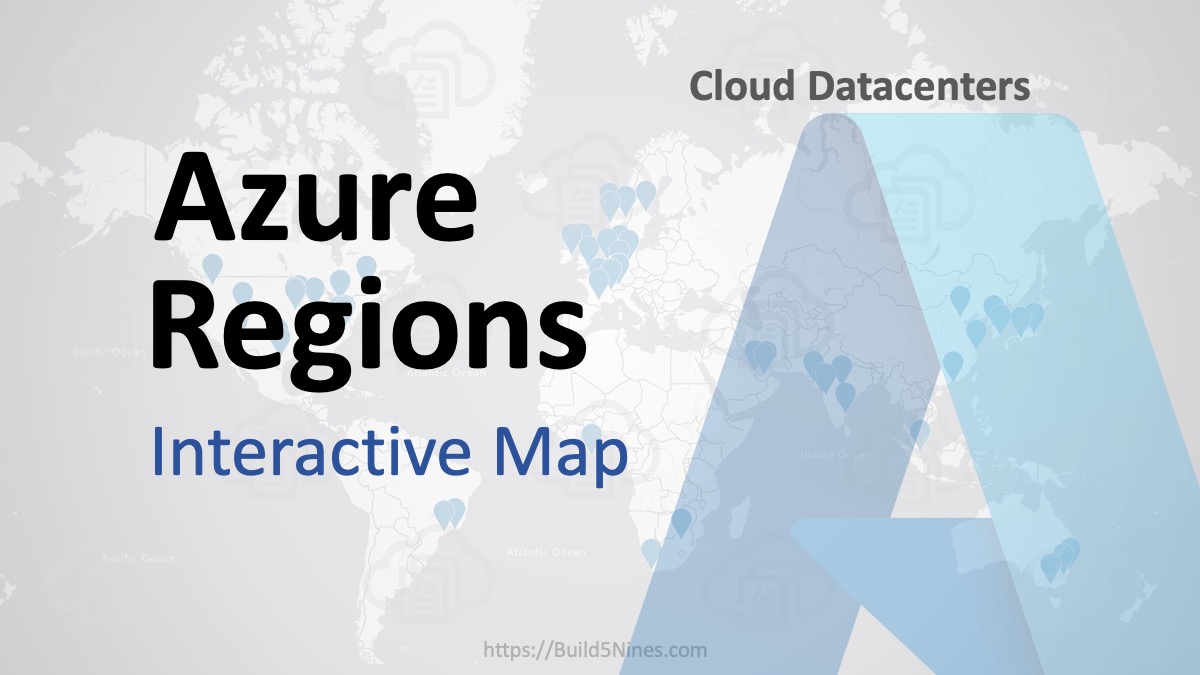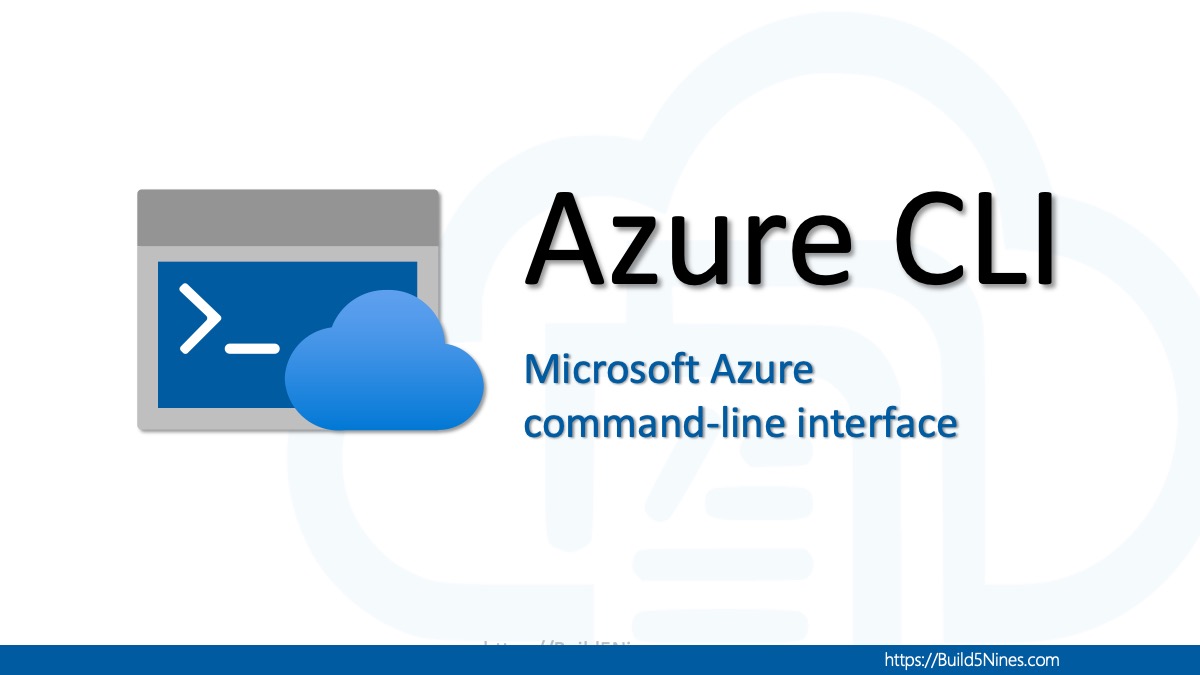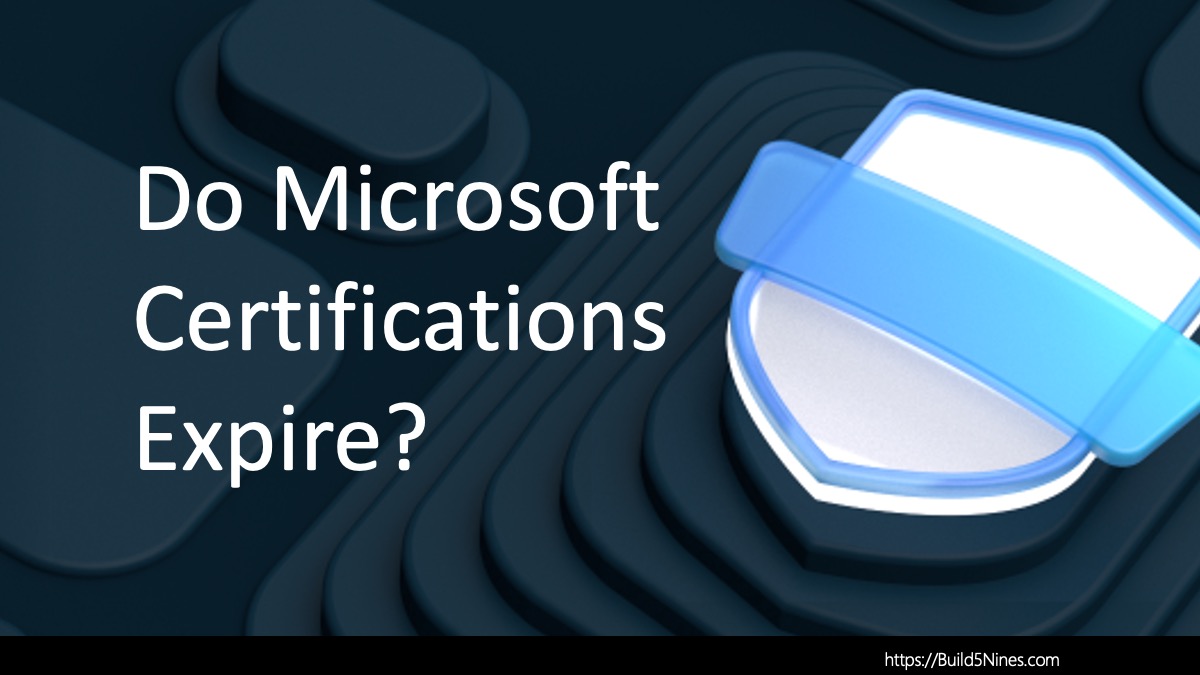Microsoft has been expanding out the certification offerings around Microsoft Azure. The Developing SQL Data Models (70-768) exam fits right along with this as it measures expertise around SQL Server and Azure SQL Databases. With the ever increasing adoption of the Cloud, the lines between traditional on-premises style systems / applications and cloud applications is being blurred. This exam fits right along with that as it covers topics that apply to both SQL Server and Azure SQL Database.
Certification Target Audience
The focus on the Developing SQL Data Models (70-768) certification exam is centered around SQL Server and Azure SQL Database topics like SSAS, BI, MDX and DAX. The exam is designed to target candidates who are Business Intelligence (BI) developers who are focused on creating BI solutions that require implementing multidimensional data models, implementing and maintaining OLAP cubes, and implementing tabular data models.
Skills Measured
Here is a high level list of the skills and objectives measured on the Provisioning SQL Databases (70-765) exam. The percentages next to each of the objectives represent the percentage of the exam questions that will be focus on that specific objective.
- Design a multidimensional business intelligence (BI) semantic model (25-30%)
- Create a multidimensional database by using Microsoft SQL Server Analysis Services (SSAS)
- Design and implement dimensions in a cube
- Implement measures and measure groups in a cube
- Design a tabular BI semantic model (20-25%)
- Design and publish a tabular data model
- Configure, manage, and secure a tabular model
- Develop a tabular model to access data in near real time
- Develop queries using Multidimensional Expressions (MDX) and Data Analysis Expressions (DAX) (15-20%)
- Create basic MDX queries
- Implement custom MDX solutions
- Create formulas by using the DAX language
- Configure and maintain SQL Server Analysis Services (SSAS) (30-35%)
- Plan and deploy SSAS
- Monitor and optimize performance
- Configure and manage processing
- Create Key Performance Indicators (KPIs) and translations
When studying for this exam, you’ll certainly want to look at the official exam page from Microsoft for the full list of exam objectives covered. You’ll need to study each and every one of the objectives measured on the exam before attempting to take it.
Training Materials
At the time of writing this summary of the Developing SQL Data Models (70-768) exam, there is a limited amount of Exam preparation material available. You’ll need to focus mostly on the Microsoft documentation surrounding the technologies and skills measured on this exam for now. However, there an Exam Reference book from Microsoft Press being published soon!
Below is a summary of the exam reference book:
Exam Ref 70-768 Developing SQL Data Models
Direct from Microsoft, this Exam Ref is the official study guide for the new Microsoft 70-768 Developing SQL Data Models certification exam, the second of two exams required for MCSA: SQL 2016 Business Intelligence Development certification.
Authored by Microsoft Data Platform MVP Stacia Varga, Exam Ref 70-768 Developing SQL Data Models offers professional-level preparation that helps candidates maximize their exam performance and sharpen their skills on the job. It focuses on the specific areas of expertise modern database and business intelligence professionals need to succeed with SQL Server 2016 Analysis Services. Coverage includes:
-
Designing multidimensional BI semantic models
-
Designing tabular BI semantic models
-
Developing queries using MDX and DAX
-
Configuring and maintaining SQL Server Analysis Services
Microsoft Exam Ref publications stand apart from third-party study guides because they:
-
Provide guidance from Microsoft, the creator of Microsoft certification exams
-
Target IT professional-level exam candidates with content focused on their needs, not “one-size-fits-all” content
-
Streamline study by organizing material according to the exam’s objective domain (OD), covering one functional group and its objectives in each chapter
-
Feature Thought Experiments to guide candidates through a set of “what if?” scenarios, and prepare them more effectively for Pro-level style exam questions
-
Explore big picture thinking around the planning and design aspects of the IT pro’s job role
Happy Studying!





 Stack Overflow Upset Over Users Deleting Answers After OpenAI Partnership
Stack Overflow Upset Over Users Deleting Answers After OpenAI Partnership
 OpenAI GTP-4o Now Available in Azure OpenAI Service
OpenAI GTP-4o Now Available in Azure OpenAI Service
 Build a Generative AI App in C# with Phi-3-mini LLM and ONNX
Build a Generative AI App in C# with Phi-3-mini LLM and ONNX
 IPv4 Address CIDR Range Reference and Calculator
IPv4 Address CIDR Range Reference and Calculator
 Azure Regions: Interactive Map of Global Datacenters
Azure Regions: Interactive Map of Global Datacenters








